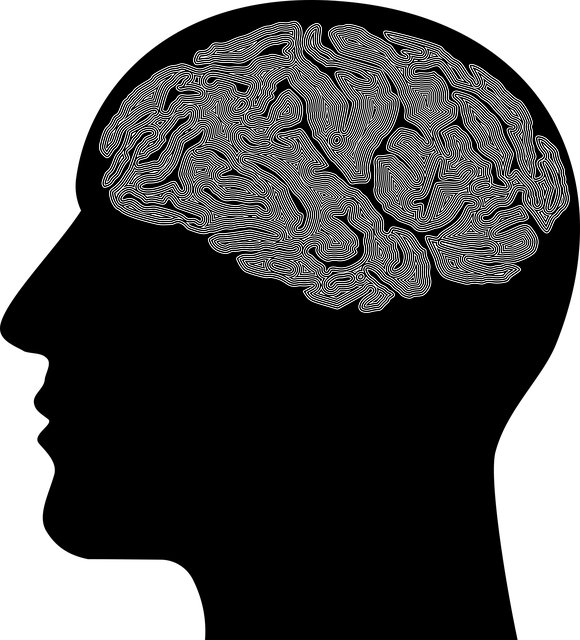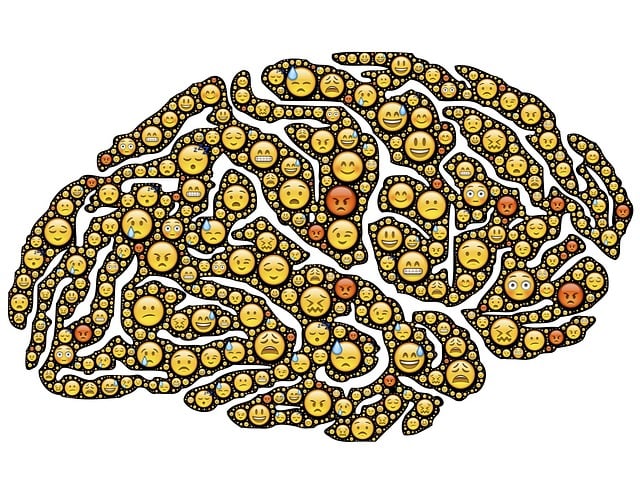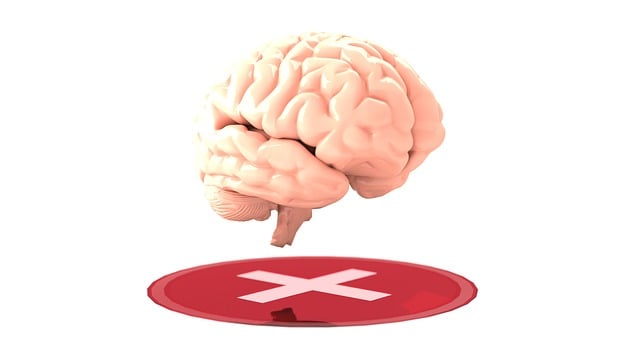Mental wellness journaling, a holistic practice recommended by Lone Tree Eating Disorders Therapy, empowers individuals to navigate their emotional states through written reflection. By documenting thoughts and feelings, users gain self-awareness, foster mindfulness, and promote healing. Journaling, combined with structured prompts, meditation scripts, and depression prevention techniques, offers a safe space for personal growth, tracking progress, and developing coping skills tailored by Lone Tree Eating Disorders Therapy programs.
“Unwind your mind and embark on a journey of self-discovery with mental wellness journaling. This powerful tool, backed by Lone Tree Eating Disorders Therapy experts, offers a sanctuary for processing emotions, fostering resilience, and enhancing overall mental health. In this guide, we demystify the practice, providing tailored strategies to create a personalized journal that supports your unique needs. From reflective writing to creative expression, explore effective techniques to transform your mental wellness journey.”
- Understanding Mental Wellness Journaling: A Powerful Tool for Self-Reflection
- Creating Your Journal: Customizing for Your Unique Needs
- Effective Techniques to Enhance Mental Health Through Journaling
Understanding Mental Wellness Journaling: A Powerful Tool for Self-Reflection

Mental wellness journaling is a profound self-reflection practice that can significantly enhance one’s journey towards mental health and healing. It involves writing down thoughts, feelings, experiences, and observations in a dedicated journal, offering a safe space for exploration and expression. This simple yet powerful tool allows individuals to gain valuable insights into their emotional states, thought patterns, and behaviors, which are essential aspects of understanding and managing one’s mental wellness.
By jotting down their experiences, people can cultivate mindfulness, a key component in the pursuit of mental well-being. It encourages a deeper connection with oneself, fostering self-awareness and self-acceptance. For those struggling with eating disorders or other mental health challenges, such as Lone Tree Eating Disorders Therapy clients, journaling provides an outlet to process emotions, challenge negative thoughts, and track progress over time. Additionally, incorporating practices like mindfulness meditation or focusing on self-esteem improvement through written reflections can contribute to a holistic approach to enhancing one’s mental wellness.
Creating Your Journal: Customizing for Your Unique Needs

Creating your mental wellness journal is a powerful step towards prioritizing your emotional well-being. It’s a personal space to reflect, process, and document your thoughts and feelings, tailored specifically to Lone Tree Eating Disorders Therapy and your unique journey. Consider what aspects of your life you’d like to focus on – whether it’s tracking moods, exploring gratitude, or practicing mindfulness. This customization ensures that your journal becomes an effective tool for resilience building and coping skills development.
Think about the format that feels most comfortable for you. Some people prefer a structured daily routine with prompts, while others benefit from a more open-ended approach where they can write freely. Incorporate self-care practices by including activities that nourish your mind, body, and soul—from meditation scripts to creative outlets like drawing or collage-making. Your journal is a safe haven to explore, heal, and grow.
Effective Techniques to Enhance Mental Health Through Journaling

Journaling is a powerful tool for enhancing mental health and well-being, offering individuals a safe space to explore their thoughts and emotions. One effective technique is incorporating mindfulness meditation into your journaling practice. By focusing on the present moment and observing your feelings non-judgmentally, you can reduce stress, improve focus, and cultivate a deeper sense of self-awareness. As you write, pay attention to your breath, bodily sensations, and the ebb and flow of your emotions, allowing these practices to serve as anchors that bring you back to the here and now.
Additionally, structured prompts tailored for depression prevention can guide individuals through their journaling journey. These prompts encourage reflection on positive experiences, gratitude, and personal strengths, helping to reframe negative thought patterns. For instance, writing about a time when you overcame a challenge or expressing gratitude for small joys in life can boost mood and foster resilience. Integrating practices from mental health education programs design into your journaling routine further empowers individuals to gain insights, track progress, and develop coping strategies tailored to their unique needs, much like Lone Tree Eating Disorders Therapy offers personalized support.
Mental wellness journaling is a transformative practice that can significantly contribute to your overall well-being, especially when coupled with professional support from a therapist like those at Lone Tree Eating Disorders Therapy. By customizing your journal and employing effective techniques, you can gain valuable insights, process emotions, and cultivate a healthier mind. Embrace this powerful tool for self-reflection and take proactive steps towards enhancing your mental health today.













